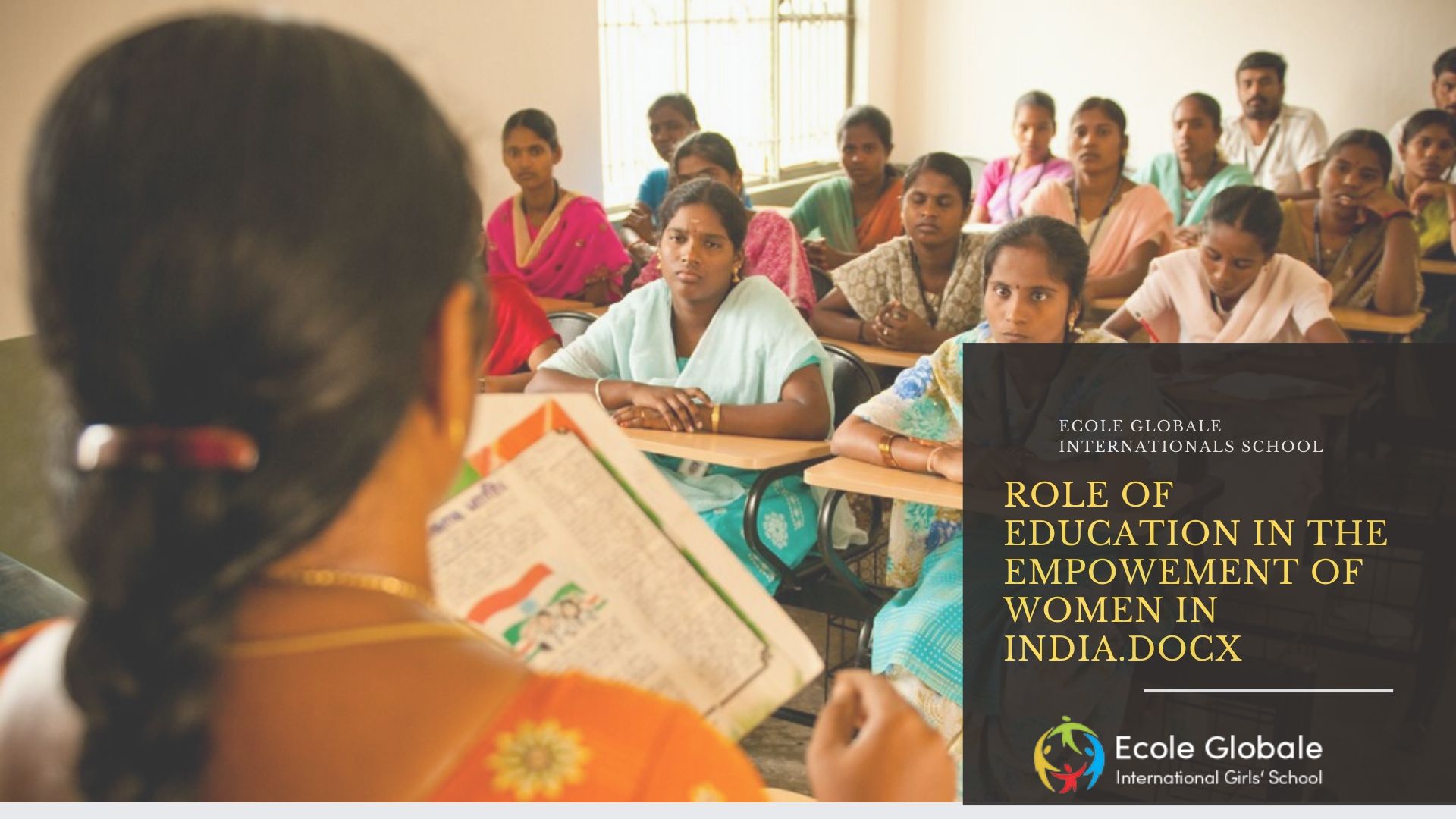Role of education in women’s life, Education is one of the most powerful tools for societal transformation, and in India, it plays a pivotal role in the empowerment of women. Historically, women in India have faced several barriers to accessing education, including societal norms, economic challenges, and gender biases.
The role of education in women’s life is immense, not just in terms of acquiring knowledge but also in shaping their economic independence, social status, and overall well-being.
In this article, we will explore how education is empowering women in India, the challenges they still face, and the positive impact education has on their lives and society as a whole.
The Transformative Power of Education for Women in India

Education is the cornerstone of empowerment. For women, education opens doors to economic independence, self-reliance, and the ability to challenge patriarchal norms. When women are educated, they gain the ability to make informed decisions about their lives, contribute to the economy, and become active participants in their communities.
Economic Empowerment:
One of the most significant impacts of education on women’s lives is economic empowerment. Education enables women to gain the skills required for better-paying jobs, reducing their dependency on others. This, in turn, helps break the cycle of poverty.Improved Health and Well-being:
The role of education in women’s life extends beyond employment opportunities. Educated women tend to have better knowledge about health, hygiene, and nutrition, which leads to improved health outcomes for themselves and their families.Social Empowerment and Gender Equality:
Education plays a crucial role in addressing gender inequality. As women gain more education, they also gain the confidence to challenge traditional gender roles and participate in decision-making processes at home, work, and in the community which makes role of education in women’s life.Political Empowerment:
Education is a catalyst for women’s participation in politics and governance. Educated women are more likely to understand political systems, vote in elections, and run for office. Women who have access to education are empowered to engage in political discussions, participate in community development, and influence public policy.
Challenges to Education for Women in India

Despite the progress made, there are still significant challenges to providing quality education to women in India. The role of education in women’s life remains hindered by several factors:
Socio-Cultural Barriers:
In many parts of India, traditional gender roles limit women’s access to education. The belief that girls should prioritize marriage and household responsibilities over education remains prevalent in rural areas, particularly in conservative communities.Economic Barriers:
In low-income families, parents often prioritize the education of sons over daughters, as they believe the boy will contribute financially to the family. Additionally, the cost of schooling, including uniforms, books, and transportation, can be prohibitive for many families.Safety Concerns:
Safety concerns in schools, particularly in rural areas, also hinder girls’ education. Fear of harassment, lack of proper sanitation facilities, and long distances to schools discourage parents from sending their daughters to school.
Success Stories of Women Empowerment through Education

India has witnessed numerous success stories of women breaking barriers and achieving greatness through education. For instance, Malala Yousafzai’s advocacy for girls’ education globally has resonated with many Indian women, motivating them to overcome barriers to education.
Similarly, programs like the Kasturba Gandhi Balika Vidyalaya (KGBV) provide girls in rural and backward regions with access to free education, leading to significant improvements in their lives and communities.
Conclusion: The Way Forward
The role of education in women’s life is immeasurable, and it serves as the foundation for empowerment. While India has made significant progress in promoting education for women, continued efforts are necessary to address the barriers that still exist.
Governments, educational institutions, and civil society must work together to create policies that eliminate socio-cultural and economic barriers to education, ensuring that every girl has the opportunity to succeed.
Through education, women can unlock their potential, role of education in women’s life break free from traditional constraints, and contribute to their communities and society at large. As India strives for gender equality and empowerment, education will continue to be the key that unlocks a future where women can stand equally with men in every sphere of life.









